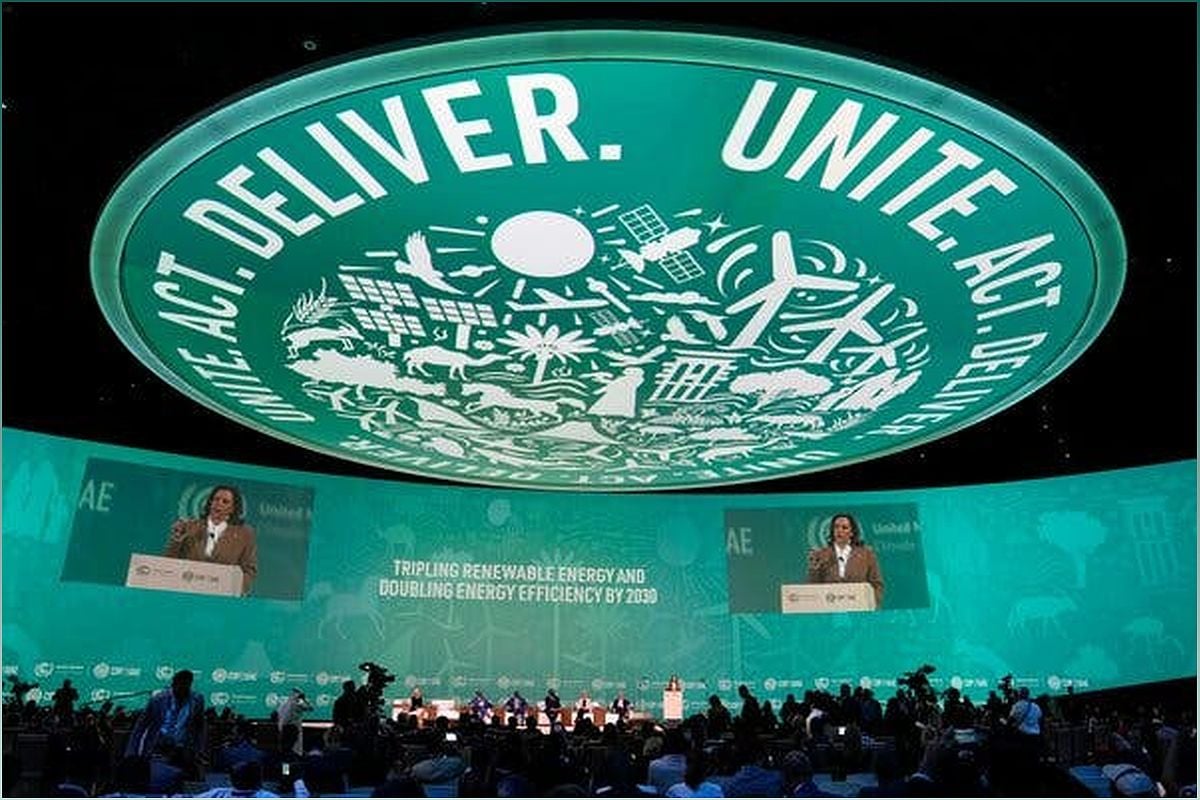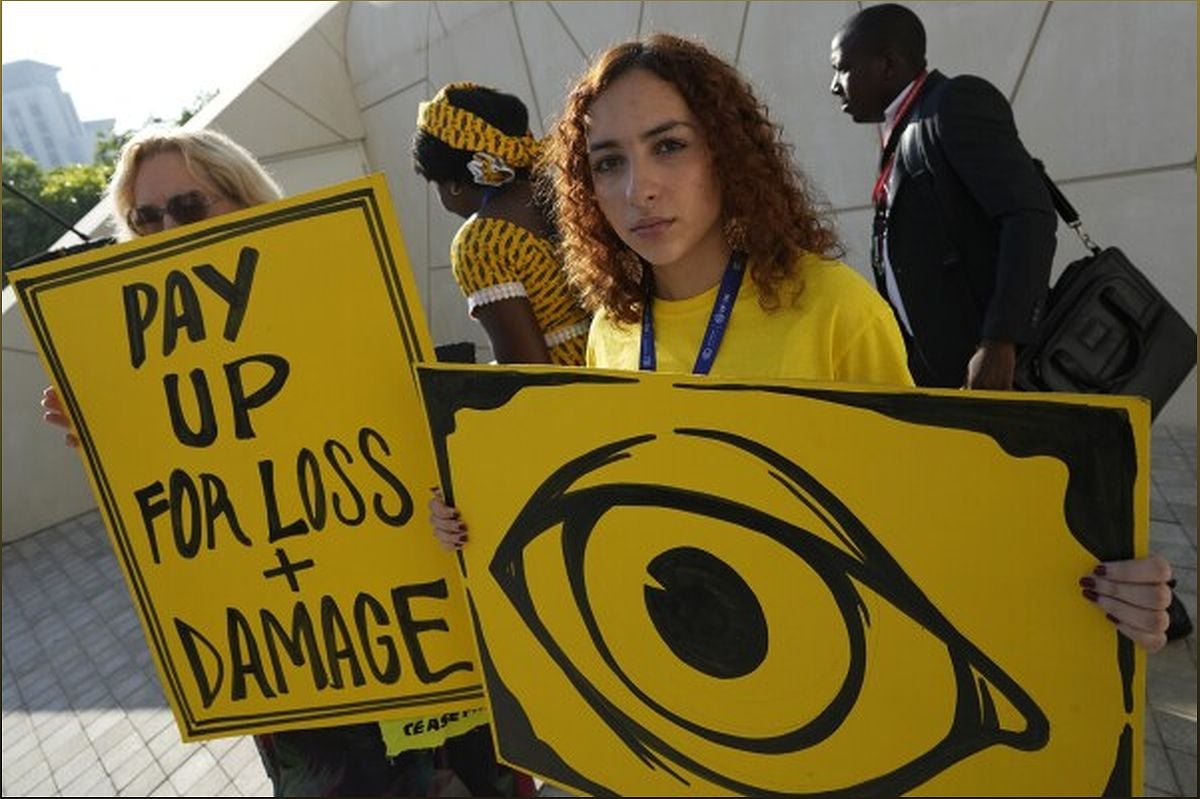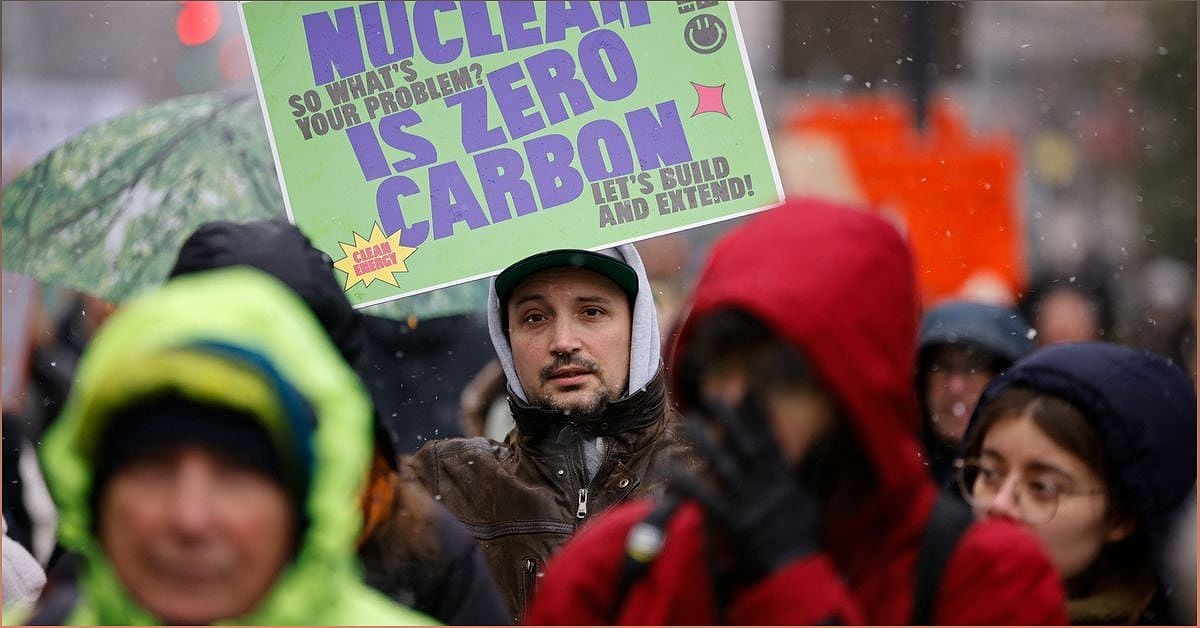Finding Cash for the Climate: The Challenge of Funding Climate Initiatives
Money is a crucial factor when it comes to addressing the global climate crisis. However, finding the necessary funds for climate initiatives is proving to be a challenging task. In this article, we will explore the difficulties faced by wealthy countries in fulfilling their promises, the struggle to secure financial support for climate action, and the impact of these challenges on the world’s most vulnerable nations. Join me as we delve into the complexities of funding climate initiatives and the urgent need for financial resources to combat climate change.
The Challenge of Fulfilling American Promises
America’s promises to address the global climate crisis often go unmet, posing a significant challenge in funding climate initiatives. While the country has shown willingness to provide financial support in times of global crises such as the coronavirus pandemic and military aid, the same level of commitment is not always extended to climate action.

During the United Nations climate summit in Dubai, Vice President Kamala Harris pledged $3 billion for the Green Climate Fund, which benefits poorer nations. However, securing approval from Congress for this funding remains an uphill battle. The struggle to fulfill American promises highlights the complexities of funding climate initiatives.
Private Sector Initiatives: A Step Towards Renewable Energy Transition
Recognizing the insufficient government funding for the energy transition, John Kerry, President Biden’s climate envoy, announced a new carbon credit initiative at the climate talks. This initiative involves collaboration with major companies such as Walmart, Pepsi, and McDonald’s to support developing countries in adopting renewable energy sources.

Through this program, these companies aim to pivot away from fossil fuels and invest in renewable energy projects. Their involvement signifies the need for alternative sources of funding to accelerate the transition towards clean energy.
The Urgent Need for Long-Term Financing
The world needs substantial and sustained financial support to tackle the climate crisis effectively. Leaders from climate-vulnerable countries, such as the Prime Minister of Barbados, Mia Mottley, emphasize the need for long-term funding to restore confidence and address the irreparable losses caused by climate change.

Despite promises made at previous climate summits, the current funding falls significantly short of the estimated $215 billion to $387 billion per year required for climate adaptation alone. This shortfall has led to mounting frustration among developing countries, highlighting the urgent need for long-term financing.
The Trillion-Dollar Gap: Funding Renewable Energy Worldwide
Achieving a global transition to renewable energy requires a significant increase in clean energy spending. The International Energy Agency estimates that annual investments in clean energy need to reach $4.5 trillion by 2025, compared to the current $1.8 trillion.

These investments are particularly crucial for emerging economies and developing countries with high energy demands. Without substantial financial flows to support renewable energy projects, the vision of a renewables revolution will remain elusive.
Progress and Setbacks: The Role of International Climate Finance
International climate finance has seen some progress, with the $100 billion annual climate aid commitment from wealthy countries finally fulfilled, albeit three years late. Additionally, a new fund has been approved to compensate poor countries for climate-related losses and damages.
However, challenges persist, especially for the United States, the world’s largest economy and historical climate polluter. The Biden administration faces pressure to secure climate aid for developing nations, but a divided Congress and opposition from Republicans pose significant obstacles.
Despite the administration’s commitment to delivering climate assistance, the road ahead remains uncertain. The United States’ reliability as a partner in international climate finance is questioned, and the struggle to secure funding continues.
